Last Updated on April 14, 2020
Cognitive dysfunction is a common issue we hear about a lot these days. While many of us have experienced some form of Dementia with a loved one, not many are aware this can become an issue with cats too. Here are some potential causes and signs of dementia in cats.
What Causes Feline Dementia?
Feline Dementia is often referred to as CDS or “Cognitive Dysfunction Syndrome” as it comes at varied levels. It is estimated that a cat who is over the age of 12 has a 50% chance of having some mild to advanced cognitive dysfunction. While it is not completely understood why this happens, some experts and general cat lovers believe it is down to wet foods, more specifically, the metal cans the food comes in.
Aluminum has been linked to causing Alzheimer’s by leaching into the brain tissue. This is caused by metal toxicity within the body. A healthy human body will be able to detox all heavy metals but one that is not functioning properly will simply store them. A cat’s body works the same way and often times metals like lead and aluminum end up in brain tissue. This can cause mild amnesia or total cognitive impairments.
Aluminum Study
Read a study on ScienceDirect showing the links between aluminum and Alzheimer’s/Dementia: Aluminium in brain tissue in familial Alzheimer’s disease
What Are the Signs of Feline Dementia?
While it is common to notice some decline in your cat’s ability to function as they age, you should look for more specific signs. Things to look for include the following:
- Decreased Interactions
- Increased Sleeping
- Mild to Severe Disorientation
- Lack of Litterbox Habits
- Vocalized Confusion
It’s worth noting that these signs could be caused by other issues as well. Speak with your vet about getting your cat tested for Hyperthyroidism, Hypertension, UTI, Liver/Kidney Disease, and brain tumors.
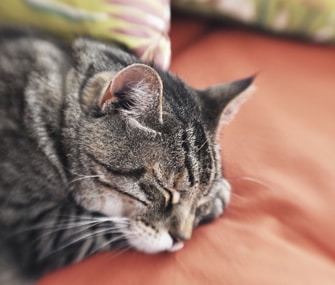
Cats sleeping more than usual could be a cause for concern
If it is Feline Dementia (or general CDS), there may be some options that can slow the onset of the disease. Certain diet changes, supplements, and medications will all help slow it down. Natural options may include coconut oil, mineral supplements, and general exercise outdoors in the sun.
Diet Changes
You should always give your cat the best food you can afford and avoid certain ingredients. Read more: Avoiding Corn, Grains, and Soy
You Can Help
It is important for you to support them through this time as they will rely on you now more than ever. You want to limit where they can go in the house to avoid accidents. It is a good idea to keep access to stairs limited to only being under your supervision. Keep doors closed, especially bathroom doors. Some cats drink from the toilet and this can lead to accidental drowning.
Furthermore, you should try to stimulate your cat’s mind daily. Stick to a schedule with feeding to prevent confusion. Play with your cat every day. If they don’t seem keen on playing, just get them up and moving around the house more. You can use catnip to temp them, sense of smell increases with age when vision decreases. Make sure they get fresh air and sunshine too. You can do this by walking them on a harness or using a closed-off area in your yard. Never let them loose on their own as they can become disoriented and won’t be able to find their own way back.
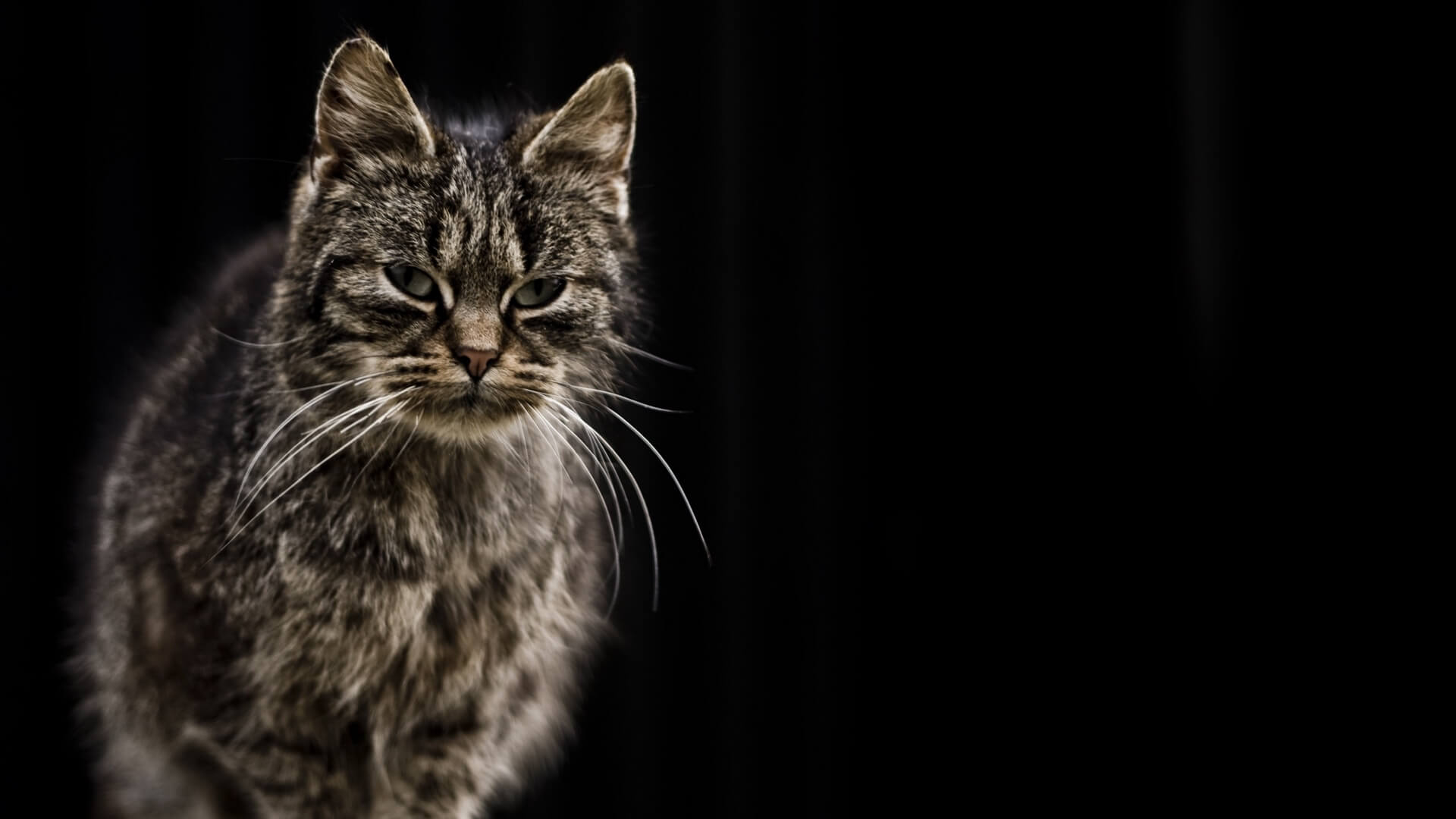
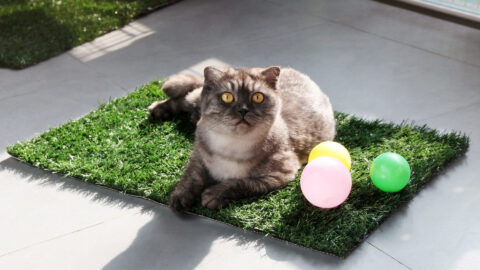
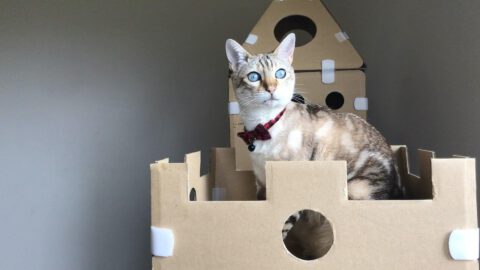
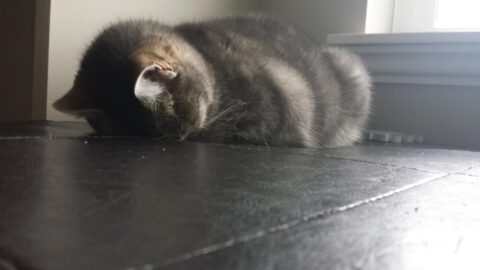
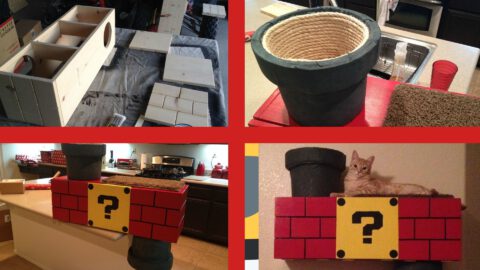
Limiting the movement of a cat during a period of performance evaluation would greatly help to obtain much info about the health of a cat. Thanks for the heads up on cat diseases.